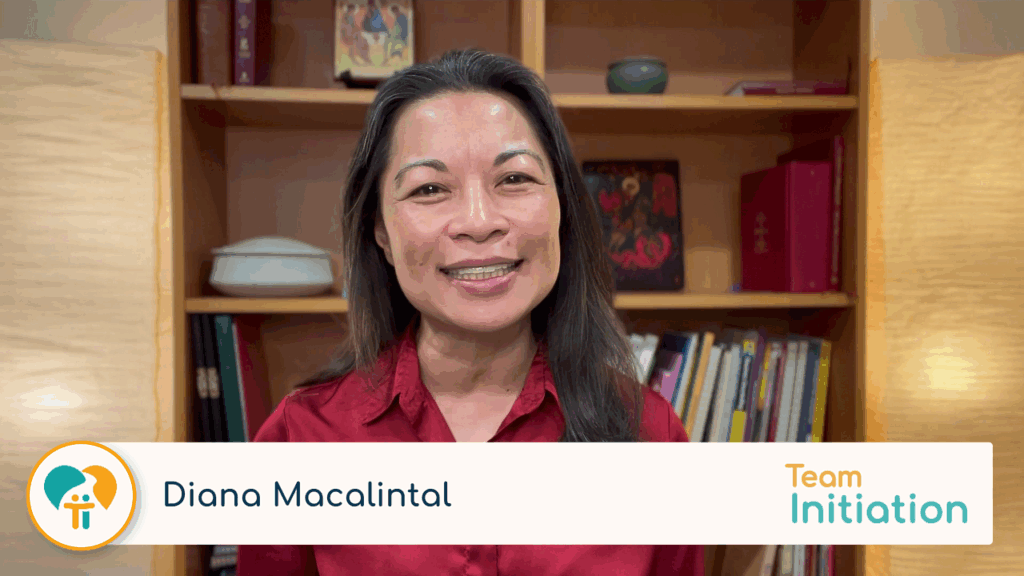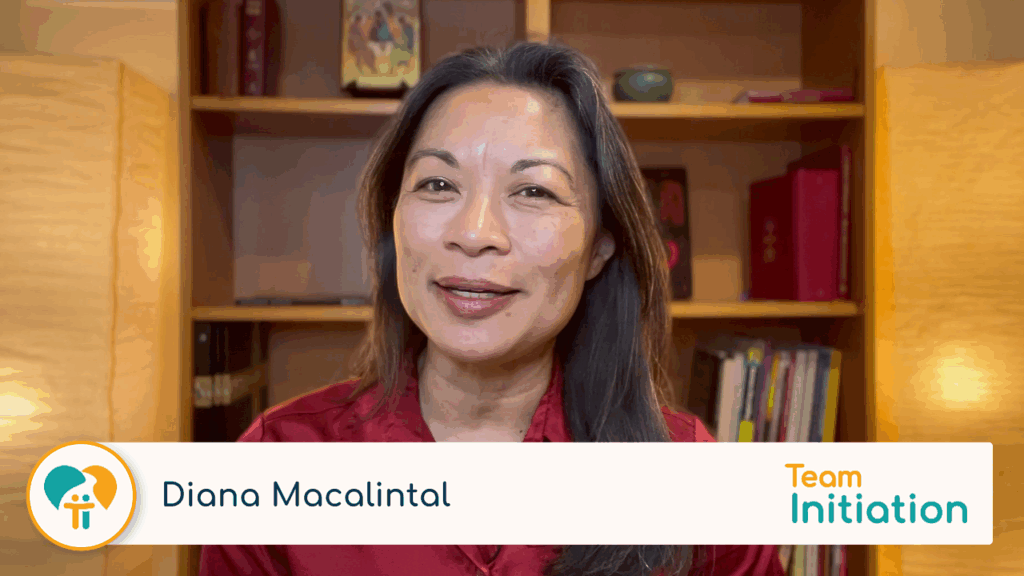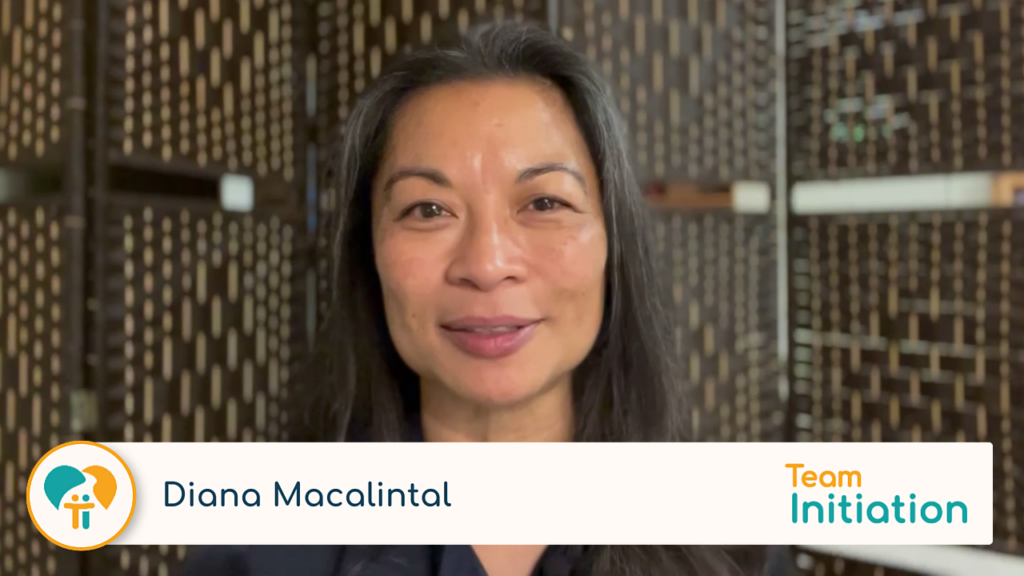
Perhaps it is obvious to us why the Rite of Acceptance into the Order of Catechumens is important and why careful preparation for its celebration is important. But I’m not sure the “why” is so obvious to everyone else who is involved. If you are struggling because your parish’s experience of the rite has been less than you hoped for, perhaps it is because the participants need a better understanding why it is important.
Here are some of the participants in this rite and why it should be important to them.
Pastor
The RCIA says that the pastor has “the responsibility of attending to the pastoral and personal care of the catechumens, especially those who seem hesitant and discouraged” (RCIA 13). The Rite of Acceptance, if celebrated well, can go a long way toward alleviating hesitancy and discouragement. On the other hand, if it is celebrated poorly, the catechumens may come away from the rite wondering if they are doing the right thing.
Preparation step
During a relatively quiet time in parish life, ask the pastor out to coffee. Ask him what he likes best about the Rite of Acceptance. Ask him what he struggles with. Ask him what his ideal celebration would look like. And ask how you can help him reach his ideal.
Sponsors
The RCIA says, “Sponsors are persons who have known and assisted the candidates and stand as witnesses to the candidates’ moral character, faith, and intention” (RCIA 10). Obviously, the sponsors will have to be prepared to do that. I’ve seen sponsors who met their inquirer just before the celebration of the rite. I’ve also heard of sponsors who were not matched up with their catechumen until some weeks after the rite.
During the Rite of Acceptance, the inquirer has to state his or her intention. The sponsor stands there, hand on shoulder, as a visual statement that what the inquirer is saying is true. This is not merely a role the sponsor is playing. It is supposed to be an actual, true testament to the faith and intention of the inquirer.
Preparation step
Provide a retreat day or evening of reflection for the sponsors some weeks before the Rite of Acceptance. Have the sponsors reflect on paragraph 42 of the RCIA, which lists the behaviors we are looking for in the inquirers before they can celebrate the rite. Ask the sponsors how they plan to look for those behaviors. Ask them how they plan to support the inquirers so that they can develop those behaviors.
Inquirers
The entire inquiry process is a preparation to celebrate the Rite of Acceptance. The inquiry process should begin with a deep exploration of what the inquirer is seeking. (See this short video for more on how to do that.)
Also remember that, for the Rite of Acceptance, you are preparing unbaptized inquirers. You also have the option of preparing baptized but uncatechized inquirers for a Rite of Welcoming the Candidates. Baptized catechized inquirers do not prepare for these rites except as members of the assembly.
Preparation step
In his book, The RCIA: Transforming the Church, Thomas H. Morris suggests providing a retreat day for the inquirers before they celebrate the rite. During the retreat, ask the inquirers to reflect on questions such as these with their sponsors:
- Do you want to become a member of this parish?
- How have you experienced God in this parish?
- How is your life beginning to change?
- Are you willing to accept the challenge of the cross in your life?
- What is it that you ask of God at this time in your life?
- What do you ask of us as church?
- What do you need to help you in your journey of faith?
The Rite of Acceptance, if celebrated well, can go a long way toward alleviating hesitancy and discouragement. On the other hand, if it is celebrated poorly, the catechumens may come away from the rite wondering if they are doing the right thing.
Assembly
We sometimes hear that parishioners complain when there is a lot of extra stuff—like RCIA rituals—going on at Mass.
Well, I think sometimes they’re right. There is a lot of bad liturgy out there, and I am amazed that parishioners put up with as much of it as they do. It goes without saying that when you celebrate a rite like the Rite of Acceptance, it has to be excellently done. So let’s assume for the moment that the liturgy is excellent. Why, then, might parishioners still complain? My guess is that it is because they don’t understand what’s happening, and they don’t understand their crucial role. The RCIA says, “At the celebrations belonging to the period of the catechumenate, the faithful should seek to be present whenever possible and should take an active part in the responses, prayers, singing, and acclamations” (RCIA 9.2).
Furthermore, during the rite itself, the presider asks if all who are gathered there are willing to help the inquirers find and follow Christ. Wow! I know we sometimes just let the prayers at Mass wash over us, but seriously? Is everyone in the assembly really agreeing to that? Did they even hear the question?
Preparation step
As remote preparation for this rite, you need to be introducing the inquirers to the parish. Get them invited to family homes for dinner, bring them to parish events, introduce them to parish council members, choir members, and other significant groups in the parish. Start developing relationships so the parishioners have a real stake in these newcomers.
As more immediate preparation, post 50-word descriptions in the bulletin and on the parish website of the parishioners’ responsibility to the inquirers. Give some direction about what will happen during the rite.
Also, include this bulletin insert the week before or the week of the rite.
Then on the day of the rite itself, as the inquirers are waiting outside, tell the gathered assembly a story about one of the inquirers and why that person wants to join your parish. Try to touch the hearts of the parishioners with your story. Then invite them to stand, follow the cross, and go outside to welcome the newcomers in.
Liturgist
Maybe you don’t have a liturgist in your parish, but you have someone or a group of someones who are responsible for the liturgy. Be sure they are deeply involved in planning and executing the rite. Shockingly, most parish liturgists or liturgy committees are not involved in planning the rite. Don’t pass up their gifts. They are good at liturgy, and they can move a good ritual experience to an excellent one.
Preparation step
Make an appointment now with your parish liturgy group to start brainstorming about what you can do to make the next celebration of the Rite of Acceptance excellent.
Who else is involved in this rite in your parish? And why is their role crucial? Please share your thoughts in the comments below.











